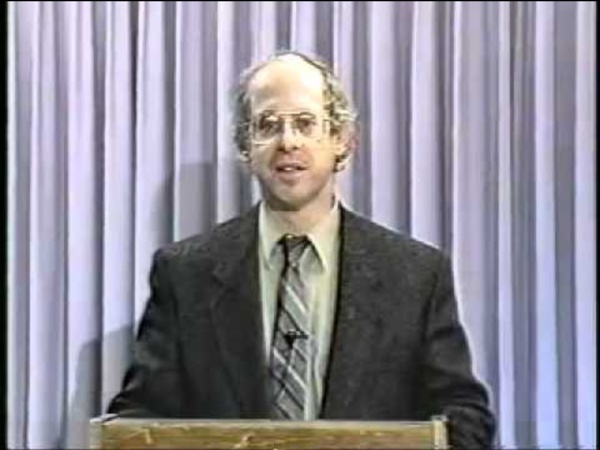



Research and Citation If you are having trouble locating a specific resource please visit the search page or the Site Map. Conducting Research These OWL resources will help you conduct research using primary source methods, such as interviews and observations, and secondary source methods, such as books, journals, and the Internet. This area also includes materials on evaluating research sources. Using Research These OWL resources will help you use the research you have conducted in your documents. APA Style These OWL resources will help you learn how to use the American Psychological Association (APA) citation and format style. MLA Style These OWL resources will help you learn how to use the Modern Language Association (MLA) citation and format style. Chicago Manual of Style This section contains information on the Chicago Manual of Style method of document formatting and citation.
Language Acquisition Articles | Learn Spanish ¡Hola amigos! My name is Julio Foppoli and I am the creator of this website, as well as of many other educational websites. One of the main problems I see today is students struggling due to information overload. I find it funny to come across lots of passionate learners who think they can learn Spanish on their own, just by browsing the internet and getting ahold of thousands free lessons and resources here and there, not knowing that some of those materials lack logic and are even created by amateurs. They feel that with determination, they don't need anyone to master Spanish. Sorry to break it to you folks, but it just doesn't work. For example, did you know that linguistic research has proven time and again that human beings cannot learn a language without human interaction? While creating these articles I decided to keep them very short and to the point. SEPT, 15th UPDATE! Note: Some of these articles may be short, but they are as concise and laser focused as they can possibly get.
Multiple barriers prevent children and learners from acquiring literacy skills – Ofsted | Office for Standards in Education (Ofsted) | Official Press Release An Ofsted report launched today looking at the barriers to good literacy shows that poor development of speaking and listening skills at an early age is holding children back from learning to read and write. The report, Removing barriers to literacy, also highlights the need for teachers to have high expectations, the importance of the systematic teaching of phonics, and how the clear assessment of individual pupils’ progress and needs can drive improvement. Inspectors found that less successful schools limited their expectations of pupils because they measured success against the average for a particular group rather than against the national average for all pupils. Launching the report, Her Majesty’s Chief Inspector, Christine Gilbert said: ‘Our recent report, ‘Reading by Six’, focused on how to help the one in five children who arrive at secondary school without the expected standard in reading and writing. 1. 2. 3. 4. 5.
Secrets of Human Speech Uncovered A team of researchers at UC San Francisco has uncovered the neurological basis of speech motor control, the complex coordinated activity of tiny brain regions that controls our lips, jaw, tongue and larynx as we speak. Edward Chang, MD Described this week in the journal Nature, the work has potential implications for developing computer-brain interfaces for artificial speech communication and for the treatment of speech disorders. It also sheds light on an ability that is unique to humans among living creatures but poorly understood. “Speaking is so fundamental to who we are as humans – nearly all of us learn to speak,” said senior author Edward Chang, MD, a neurosurgeon at the UCSF Epilepsy Center and a faculty member in the UCSF Center for Integrative Neuroscience. They then applied a sophisticated new method called “state-space” analysis to observe the complex spatial and temporal patterns of neural activity in the speech sensorimotor cortex that play out as someone speaks.
how-teach-reading-skills-without-books?j=13983335&e=gbgeorgie@hotmail Reading is a vital part of a classroom. It embeds skills that are used across the curriculum: vocabulary, emotional literacy and enjoyment, to name a few. Back in February 2018, I was racking my brains, trying to think of new ways to help my class understand making inferences. Quick read: Languages: We can do better for our bilingual students Quick listen: Learning through play: what are the benefits? Want to know more? We were using high-quality books in whole-class reading and most of the children really enjoyed books and book talk. But I still worried that they didn’t fully understand what inference was. Sure, with questions I could elicit information and answers from them by prompting what they needed to look for, but I wanted them to go beyond this and learn how to look for clues themselves. Boosting reading skills And so, the Shoe Lesson was created. By doing this, they were unconsciously making inferences about the object and had to articulate their views. Where’s Wally Puzzle Island
Language Acquisition Theory By Henna Lemetyinen, published 2012 Language is a cognition that truly makes us human. Whereas other species do communicate with an innate ability to produce a limited number of meaningful vocalizations (e.g. bonobos), or even with partially learned systems (e.g. bird songs), there is no other species known to date that can express infinite ideas (sentences) with a limited set of symbols (speech sounds and words). This ability is remarkable in itself. Infants as young as 12 months are reported to have sensitivity to the grammar needed to understand causative sentences (who did what to whom; e.g. the bunny pushed the frog (Rowland & Noble, 2010). After more than 60 years of research into child language development, the mechanism that enables children to segment syllables and words out of the strings of sounds they hear, and to acquire grammar to understand and produce language is still quite an enigma. Early Theories Universal Grammar Contemporary Research Conclusion APA Style References